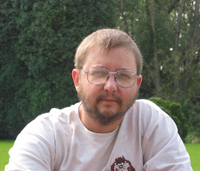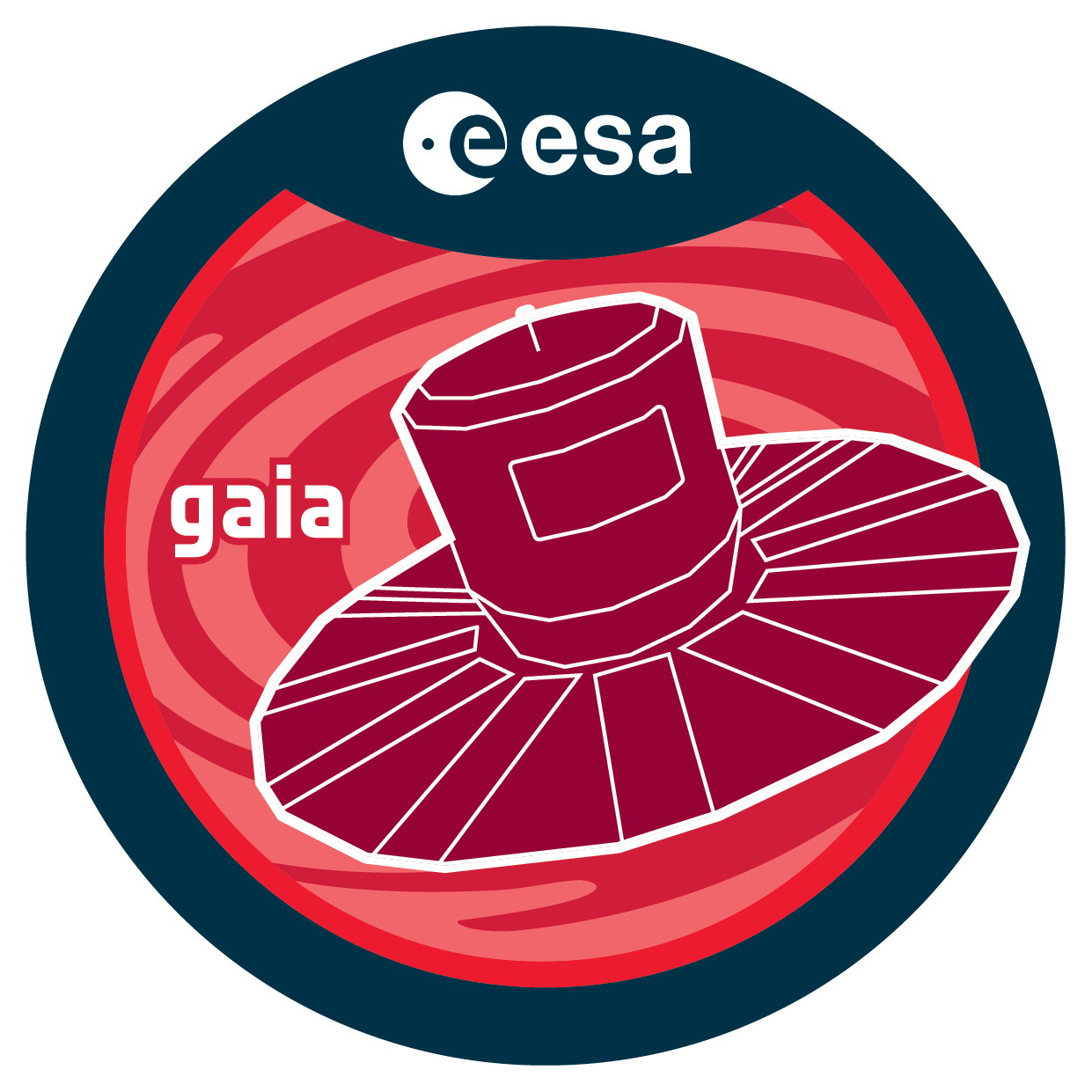Pourbaix Dimitri - Gaia
Gaia contributors
Gaia was proposed in 1993 and since then, many people have been involved in the Gaia mission, whether at ESA, at industry side or at one of the institutes involved in the Gaia data processing. The Gaia Data Processing and Analysis Consortium (DPAC) is a collaboration which consists of around 450 scientists and engineers.
The list of Gaia contributors presented here should not be considered a complete representation of the entire consortium and should not be considered as a list of currenly active people on the Gaia mission. A more complete list of Gaia contributors that were involved in the creation of the Gaia catalogues can be obtained from the author lists of the Gaia Collaboration overview papers (for Gaia Data Release 1 see here, for Gaia Data Release 2 see here, for Gaia Early Data Release 3 see here, for the full Gaia Data Release 3 see here, for Gaia Focused Product Release see here). A history of contributions to the Gaia mission can be found from the acknowledgements given with each data release.
Gaia DPAC members who wish to be featured on these pages can contact the Gaia Helpdesk. Anyone who wishes to be removed from this website can contact the Gaia Helpdesk.
 |
Dimitri Pourbaix (1969 - 2021) Université Libre de Bruxelles |
|
Dimitri Pourbaix was born in Charleroi on 22 May 1969. At the age of 15, his double passion for astronomical calculations and computer science was already evident when he took part in astronomy camps organised by the non-profit organisation Jeunesse et Science, of which he would later become a major actor by organising astronomy camps for adults. At that time, he did not go unnoticed because he was already moving around with all his computer arsenal, supported in his passion by a computer-scientist father. It was therefore quite natural that he obtained a degree in computer science at the University of Liège and that he undertook a doctoral thesis in astrophysics in Liège as well. After a doctoral stay at the University of Florida (August 1996 - May 1997), he returned to Belgium to complete his thesis at the Royal Observatory of Belgium. His thesis was devoted to the automation of binary-star orbit calculations using a global minimisation technique, a first at the time. He then joined Université libre de Bruxelles (October 1998), first on a PRODEX contract (ESA/BELSPO) and became respectively in October 2000 Chargé de Recherches, in 2002 Chercheur Qualifié and then Maître de Recherches of FNRS (National Fund for Scientific Research). He made several short stays at Princeton University. At that time, his research focused on the application of his orbit calculation method for the re-processing of data acquired by ESA's Hipparcos satellite. His mastery of the subject quickly brought him to the attention of ESA. The scientific community associated with Gaia within ESA appointed him to head one of the nine divisions (namely CU4) processing Gaia-satellite’s data, the 'surveyor of the universe', succeeding to Hipparcos. Gaia, launched in December 2013, aims to map 2 billion stars in our Galaxy, and Dimitri Pourbaix's role was to identify binary or multiple stars. This project was fully commensurate with his ambitions. He had already been working on it for about ten years before the launch, but he would not have the opportunity to take full scientific advantage of his considerable numerical efforts, which have been praised by all his colleagues in the Gaia consortium, because complications from his heart operation took his life on Sunday 14 November 2021, less than a year before the publication of the catalogue for which he had worked so hard. It is now the role of his colleagues to pay tribute to him by carrying out this analysis in his memory.
Besides his leading role in Gaia Coordination Unit 4, Dimitri played important roles within the IAU as well:
Dimitri was a tireless disseminator of knowledge who never spared his efforts, whether it was for the transits of Venus, the observation evenings at the ULB astronomical dome, the public astronomy course at the University, or the « Jeunesse et Science » association. Dimitri was a man of principles, as illustrated by the author Elisa Brune, whom met him during the astronomy camps for adults organised by the Jeunesse et Science association, where he was responsible for the logistics. Elisa Brune writes (Les Jupiters chauds, Belfond, 2002, p. 394): 'When I arrived at the hotel, I bumped into Dimitri who was returning at the same time. We agreed to go for a nightcap in the hotel bar - I was only surprised when I realised that he was drinking sparkling water. He was so fond of Belgian beers that he managed to buy the most unlikely brands even when he was working at Princeton. ’ - « Not during a conference, he told me, it's a principle. » He was a dedicated husband and father of a young son.
Find here the memorial page for Dimitri, which was set up by his colleagues at the Institute d'Astronomie et d'Astrophysique (Université Libre de Bruxelles). [Published: 31/05/2004 | Updated: 26/02/2007 | Updated: 26/11/2021 | Updated 30 November 2021] |
|
- Removed a total of (2) style text-align:center;
- Removed a total of (19) style text-align:justify;
- Removed a total of (1) border attribute.
- Removed a total of (1) cellpadding attribute.
- Removed a total of (1) cellspacing attribute.
Gaia people archive
- Removed a total of (1) style overflow:auto;
- Removed a total of (2) border attribute.
- Removed a total of (2) cellpadding attribute.
- Removed a total of (2) cellspacing attribute.








































 Sign in
Sign in
 Science & Technology
Science & Technology

